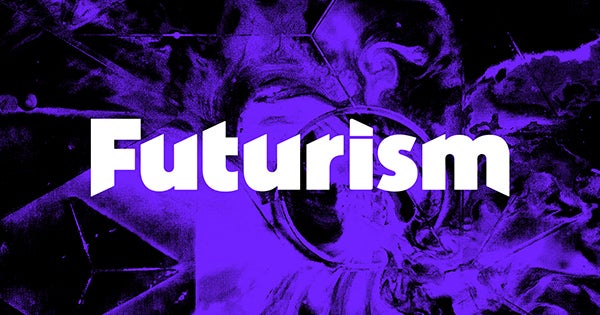
Futuristic health science and technology are making major strides, ushering in a new era of personalized medicine, advanced diagnostics, and cutting-edge treatment methodologies. These innovations are not only changing the delivery of healthcare but are also significantly improving patient outcomes and overall well-being.
One of the most promising developments is the integration of artificial intelligence (AI) in diagnosis and treatment planning. AI algorithms, trained on vast datasets, are increasingly capable of detecting diseases such as cancer, heart conditions, and neurological disorders at earlier stages than traditional methods. For instance, machine learning models can analyze radiology images with a level of accuracy comparable to human experts, enabling more timely and precise medical interventions.
Wearable technology and remote health monitoring have also seen notable advancements. Devices such as smartwatches and biosensors now track vital signs in real-time, alerting users and health professionals to potential health issues before they escalate. This continuous monitoring is particularly beneficial for patients with chronic conditions like diabetes or hypertension, offering more autonomy and reducing hospital visits.
In addition, gene editing technologies such as CRISPR are opening doors to a future where hereditary diseases can be corrected at the molecular level. Researchers are already conducting clinical trials to evaluate CRISPR’s efficacy in treating genetic disorders, including sickle cell anemia and certain forms of blindness. While ethical considerations remain, the potential impact of gene editing on public health is profound.
Another area experiencing rapid progress is regenerative medicine. Scientists are developing synthetic organs and engineered tissues, which can mitigate the shortage of organ donors. These technologies could revolutionize transplant medicine and offer new hope for patients with organ failure.
Moreover, telemedicine, accelerated during the COVID-19 pandemic, continues to evolve by leveraging 5G connectivity and virtual reality to deliver high-quality care remotely. This ensures broader access to healthcare services, especially in underserved and rural communities.
With continuous investment and interdisciplinary collaboration, experts anticipate that futuristic health technologies will become increasingly accessible, affordable, and efficient. These advancements hold immense promise for enhancing quality of life, increasing life expectancy, and making medicine more predictive, preventive, and personalized.
As healthcare continues to embrace these technological frontiers, industry leaders and policymakers are emphasizing the need for robust data privacy standards, patient education, and fair access to ensure that the benefits of medical innovation are widely shared across all populations.
Source: https:// – Courtesy of the original publisher.








